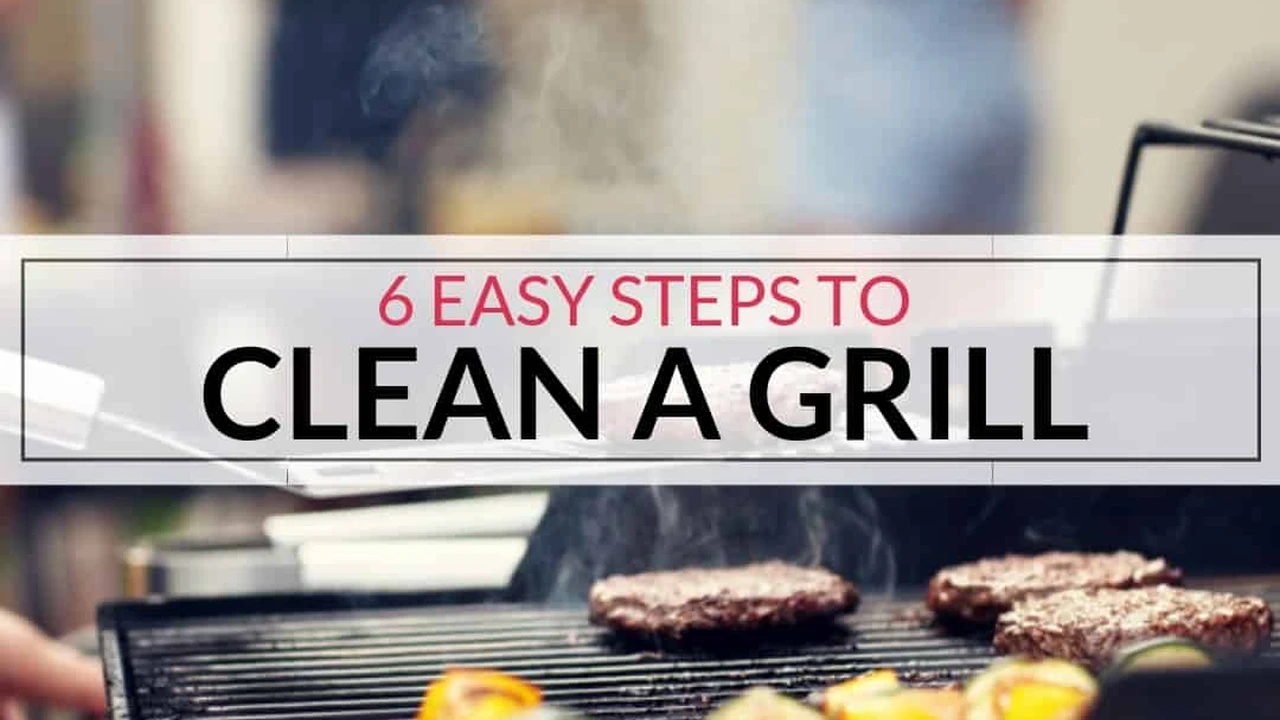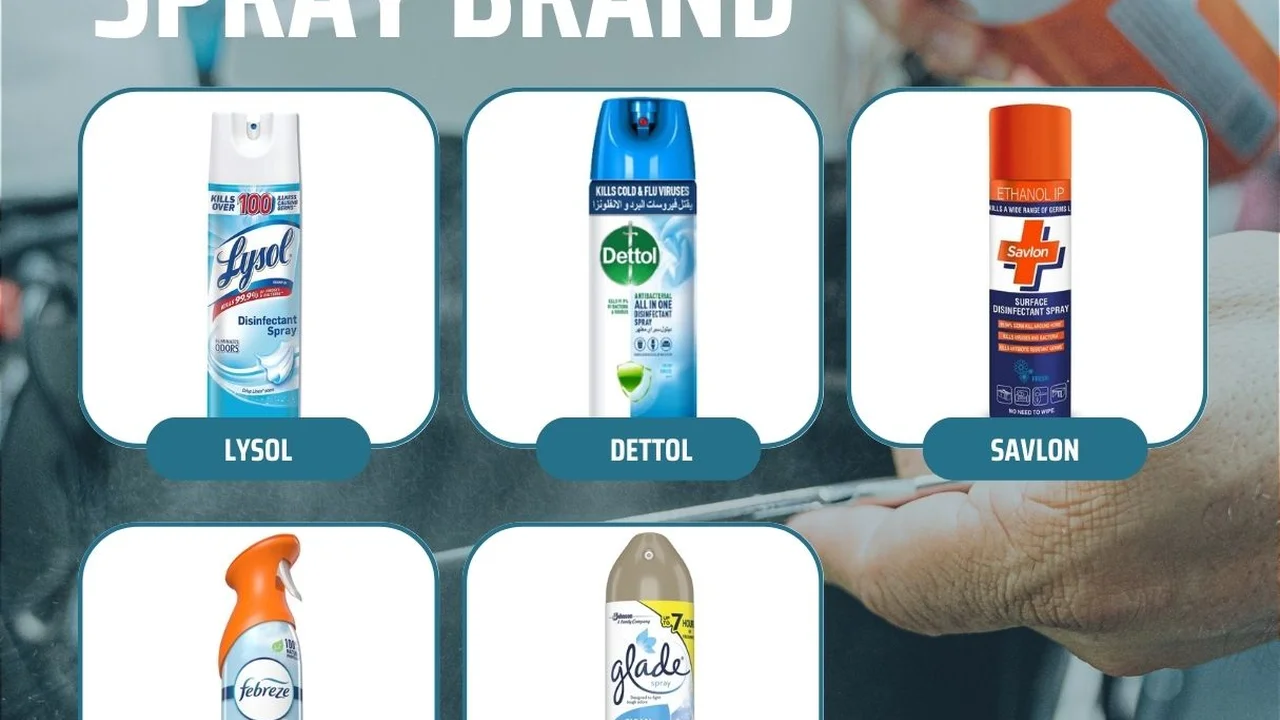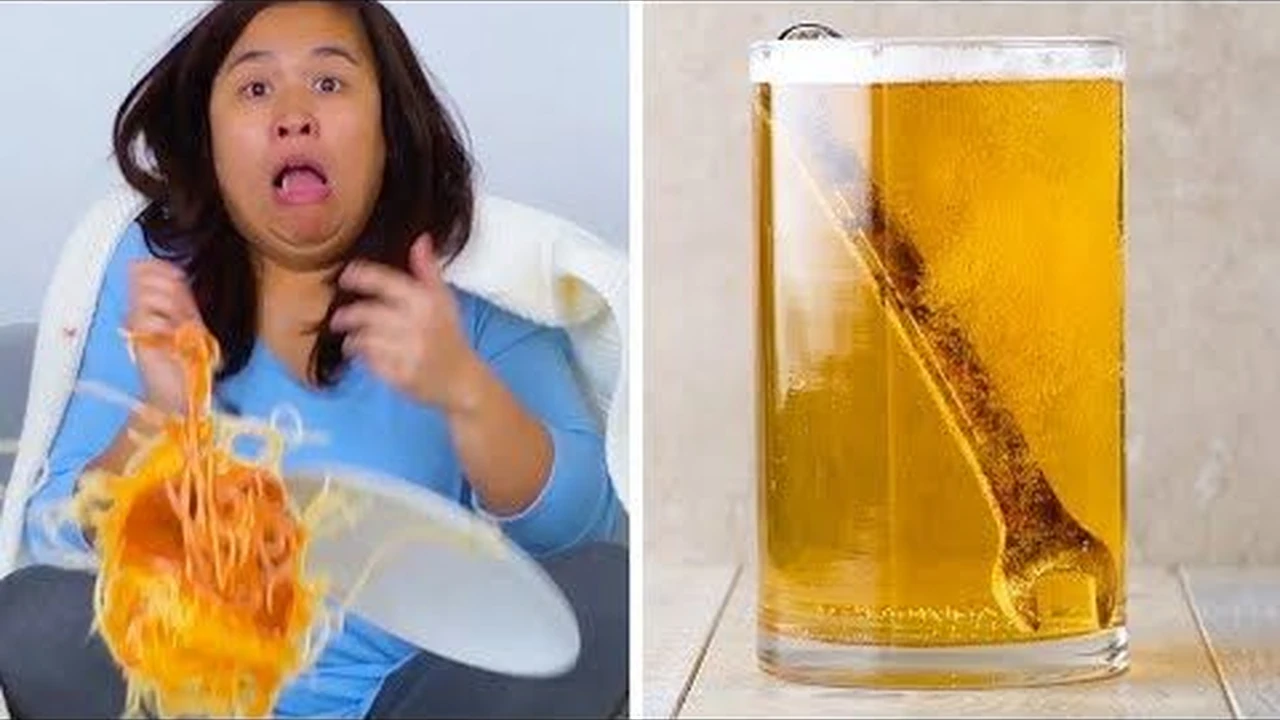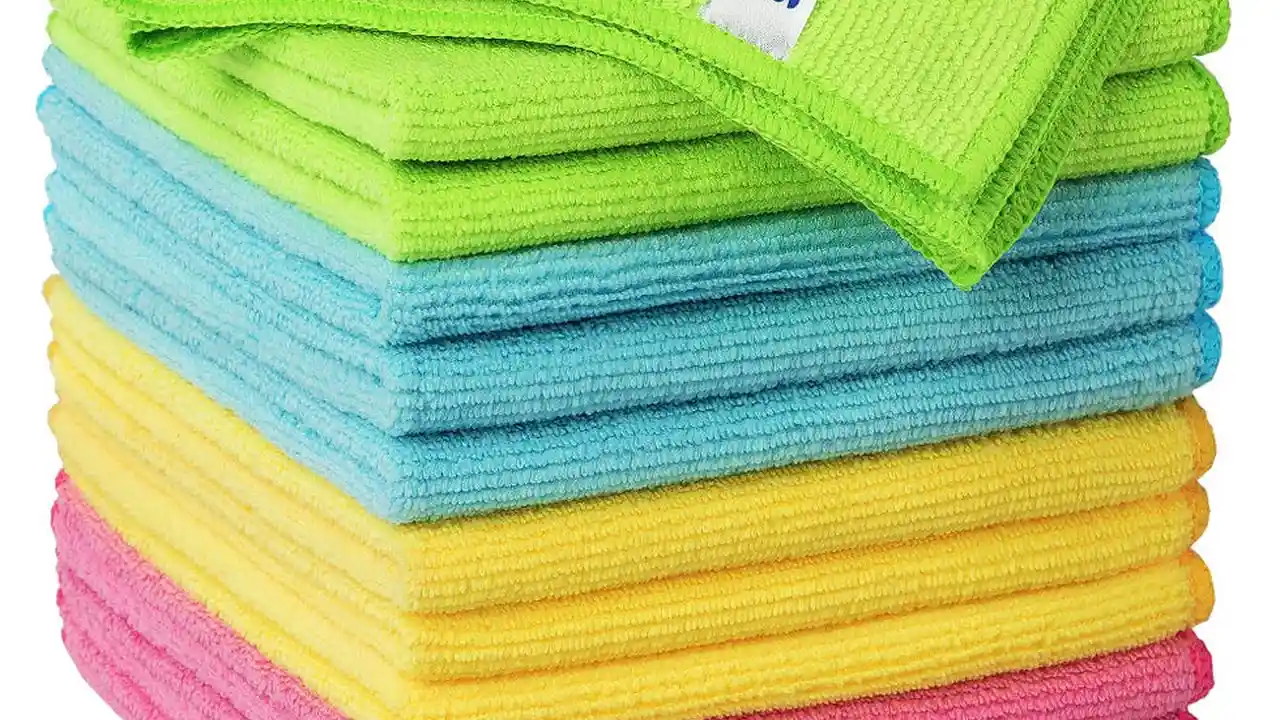Best Glass Cleaners: See Through the Haze
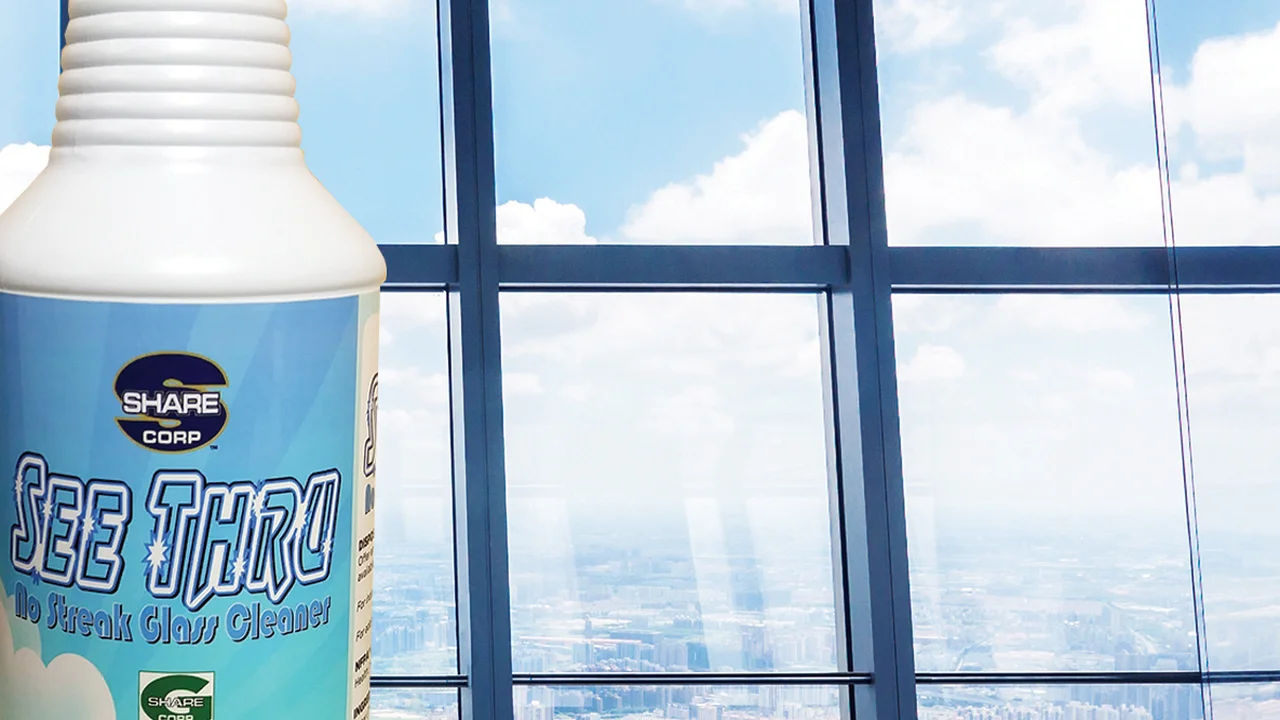
Understanding the Science Behind Streak-Free Glass Cleaning Products
Okay, let's get real. We've all been there. You spray, you wipe, you buff... and BAM! Streaks. It's infuriating! But why does this happen? Well, it all comes down to the science of surface tension, cleaning agents, and the residue left behind. Most glass cleaners rely on solvents (like alcohol or ammonia) to dissolve dirt and grime. These solvents evaporate quickly, which is good, but they can also leave behind a thin film of the cleaning agent or dissolved minerals from your water. This film is what causes those dreaded streaks. The best glass cleaners minimize this residue, either by using ingredients that evaporate completely or by incorporating agents that prevent residue from sticking to the glass.
Think of it like this: Imagine washing your car with soapy water and then letting it air dry. You'll see water spots, right? That's because the minerals in the water are left behind when the water evaporates. The same principle applies to glass cleaning. That's why understanding the ingredients in your glass cleaner is the first step to achieving a truly streak-free shine.
The Key Ingredients to Look for in Top-Rated Glass Cleaners
So, what *should* you be looking for in a glass cleaner? Here are some key ingredients and what they do:
- Solvents (Isopropyl Alcohol, Ethanol): These are the workhorses of glass cleaners, dissolving grease, fingerprints, and other grime. They need to evaporate quickly and cleanly.
- Surfactants: These reduce the surface tension of the water, allowing the cleaner to spread evenly and penetrate dirt more effectively. They also help to lift dirt away from the glass surface.
- Ammonia: A powerful cleaner that cuts through tough grime. However, it has a strong odor and can be irritating to some people. Avoid ammonia-based cleaners if you have respiratory issues or are sensitive to strong smells.
- Water: The base of most glass cleaners. Distilled or purified water is preferable, as it minimizes mineral deposits.
- Chelating Agents: These bind to minerals in the water, preventing them from forming streaks.
Conversely, be wary of glass cleaners that contain excessive amounts of dyes, fragrances, or harsh chemicals. These additives can leave behind residue and contribute to streaking.
Best Glass Cleaners Product Reviews and Head-to-Head Comparisons
Alright, let's get to the good stuff! We've tested a whole bunch of glass cleaners on various surfaces – windows, mirrors, glass stovetops, and even car windshields – to find the best of the best. Here's a rundown of our top picks, along with their pros, cons, and price points.
Windex Original Glass Cleaner A Classic Choice
Overview: Windex is a household name for a reason. It's widely available, affordable, and generally effective at cleaning glass. Its formula contains ammonia, which helps to cut through grease and grime. However, the ammonia scent can be strong.
Pros:
- Widely available
- Affordable
- Effective at removing grease and grime
Cons:
- Strong ammonia scent
- Can leave streaks if not used properly
Best For: General household cleaning, removing greasy fingerprints, and cleaning windows that aren't heavily soiled.
Price: Around $3-5 per bottle.
Invisible Glass Premium Glass Cleaner The Streak-Free Champion
Overview: Invisible Glass is a professional-grade glass cleaner that's designed to leave a streak-free finish. Its formula is ammonia-free and contains a blend of solvents and surfactants that effectively dissolve dirt and grime. It also includes a sheeting action that helps the water to run off the glass, minimizing water spots.
Pros:
- Excellent streak-free performance
- Ammonia-free
- Effective on a variety of surfaces
Cons:
- Slightly more expensive than Windex
- Can leave a slight residue if overused
Best For: Achieving a truly streak-free shine on windows, mirrors, and car windshields. Ideal for detailers and those who are particular about their glass cleaning.
Price: Around $5-7 per bottle.
Sprayway Glass Cleaner A Professional Aerosol Option
Overview: Sprayway is a professional-grade aerosol glass cleaner that's popular among auto detailers and window cleaning professionals. Its aerosol delivery provides an even coat of cleaner, and its formula is designed to quickly dissolve dirt and grime without leaving streaks.
Pros:
- Aerosol delivery for even coverage
- Fast-acting and effective
- Leaves a streak-free finish
Cons:
- Aerosol can be messy
- More expensive than liquid cleaners
- May not be as environmentally friendly as non-aerosol options
Best For: Professional use, cleaning large windows, and achieving a quick and streak-free finish.
Price: Around $8-10 per can.
Stoner Invisible Glass Reach & Clean Tool An Innovative Solution
Overview: This isn't just a cleaner, it's a system! The Stoner Invisible Glass Reach & Clean Tool is designed for hard-to-reach areas, especially car windshields. It comes with a special microfiber bonnet and a pivoting head for easy maneuverability.
Pros:
- Excellent for cleaning hard-to-reach areas
- Ergonomic design
- Reusable microfiber bonnet
Cons:
- Requires a separate glass cleaner
- Can be bulky to store
Best For: Cleaning car windshields, especially the inside. Also good for large mirrors that are hard to reach the top of.
Price: Around $20-25 for the tool and bonnet.
How to Achieve a Streak-Free Finish The Ultimate Glass Cleaning Guide
Okay, you've got your cleaner. Now what? Here's a step-by-step guide to achieving a streak-free finish every time:
- Prepare Your Surfaces: Remove any loose dirt or debris from the glass surface with a brush or vacuum cleaner.
- Choose Your Cloth: Microfiber cloths are your best friend! They're lint-free and won't scratch the glass. Avoid using paper towels, as they can leave behind lint and streaks.
- Apply the Cleaner: Spray the cleaner directly onto the glass surface, or onto your microfiber cloth. Avoid oversaturating the surface, as this can lead to streaks.
- Wipe the Surface: Wipe the surface in a circular motion, applying gentle pressure.
- Buff Dry: Use a clean, dry microfiber cloth to buff the surface dry. This will remove any remaining residue and leave a streak-free finish.
- Repeat if Necessary: For heavily soiled surfaces, you may need to repeat the process.
DIY Glass Cleaner Recipes Natural and Eco-Friendly Alternatives
Want to avoid harsh chemicals? Here are a few DIY glass cleaner recipes that are both effective and eco-friendly:
- Vinegar and Water: Mix equal parts white vinegar and water in a spray bottle. This is a simple and effective cleaner for removing light dirt and grime.
- Ammonia and Water: Mix 1/4 cup ammonia with 1 quart of water. This is a more powerful cleaner for removing grease and grime. Use caution when using ammonia, as it can be irritating to some people.
- Lemon Juice and Water: Mix 2 tablespoons of lemon juice with 1 quart of water. This is a natural cleaner that leaves a fresh scent.
Remember to always test your DIY cleaner in an inconspicuous area before applying it to the entire surface.
Troubleshooting Common Glass Cleaning Problems
Still struggling with streaks? Here are some common causes and solutions:
- Hard Water: If you have hard water, the minerals in the water can leave behind streaks. Try using distilled water in your cleaner, or add a chelating agent to your DIY recipe.
- Dirty Cloths: Make sure your microfiber cloths are clean and free of lint. Wash them regularly in hot water with a mild detergent.
- Oversaturation: Applying too much cleaner can lead to streaks. Use a light spray and buff dry immediately.
- Old Cleaner: Over time, glass cleaner can lose its effectiveness. If your cleaner is old, it may be time to replace it.
Glass Cleaning for Specific Surfaces Tips and Tricks
Different surfaces require different cleaning approaches. Here are some tips for cleaning specific types of glass:
- Mirrors: Avoid spraying cleaner directly onto the mirror, as it can seep behind the glass and damage the backing. Instead, spray the cleaner onto your cloth and wipe the mirror.
- Windows: Clean windows on a cloudy day to avoid the cleaner drying too quickly.
- Car Windshields: Use a glass cleaner that's specifically designed for automotive use. These cleaners are formulated to remove road grime and bug splatters.
- Glass Stovetops: Use a glass stovetop cleaner and a non-abrasive scrubbing pad to remove burnt-on food.
Advanced Glass Cleaning Techniques for the Perfectionist
Want to take your glass cleaning to the next level? Here are some advanced techniques:
- Squeegee: Use a squeegee to remove the cleaner from large windows. This will leave a streak-free finish and save you time.
- Detailing Clay: Use detailing clay to remove stubborn contaminants from car windshields.
- Glass Polishing: Use a glass polishing compound to remove scratches and swirl marks from glass surfaces.
Maintaining Your Sparkling Glass Long-Term Prevention is Key
The best way to keep your glass sparkling is to prevent it from getting dirty in the first place. Here are some tips:
- Regular Cleaning: Clean your glass surfaces regularly to prevent dirt and grime from building up.
- Protective Coatings: Apply a protective coating to your glass surfaces to repel water and dirt.
- Avoid Touching: Avoid touching your glass surfaces with your hands, as this can leave behind fingerprints and smudges.
:max_bytes(150000):strip_icc()/277019-baked-pork-chops-with-cream-of-mushroom-soup-DDMFS-beauty-4x3-BG-7505-5762b731cf30447d9cbbbbbf387beafa.jpg)



